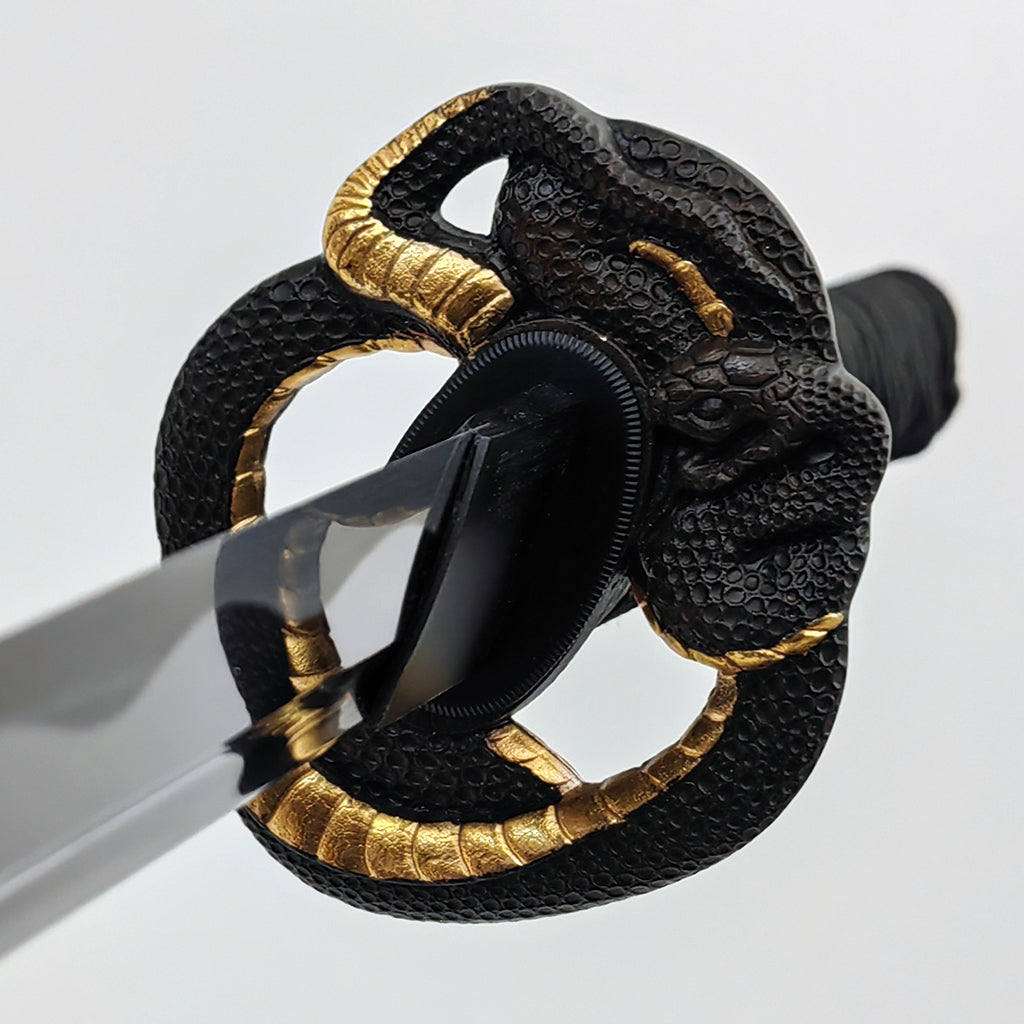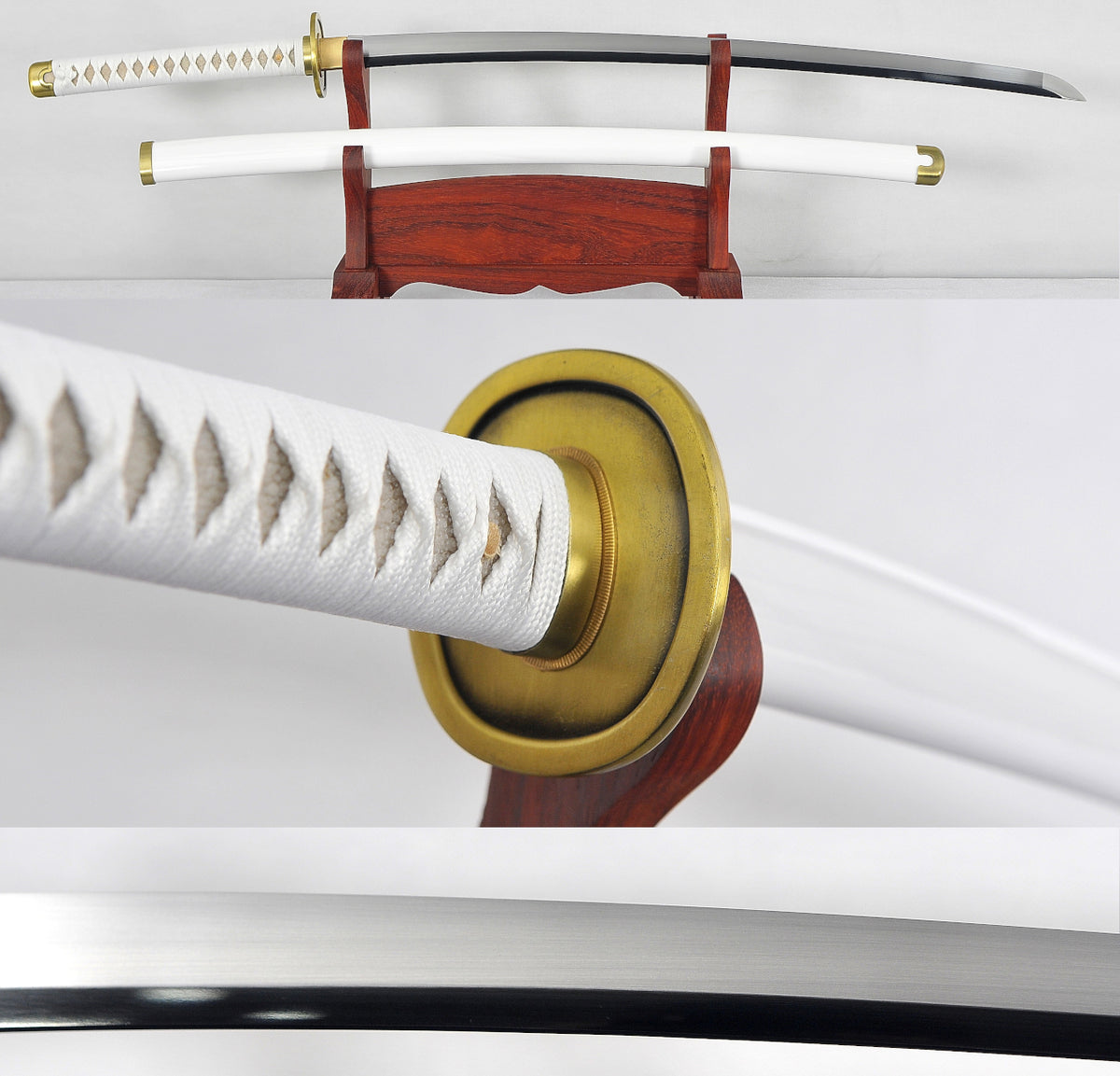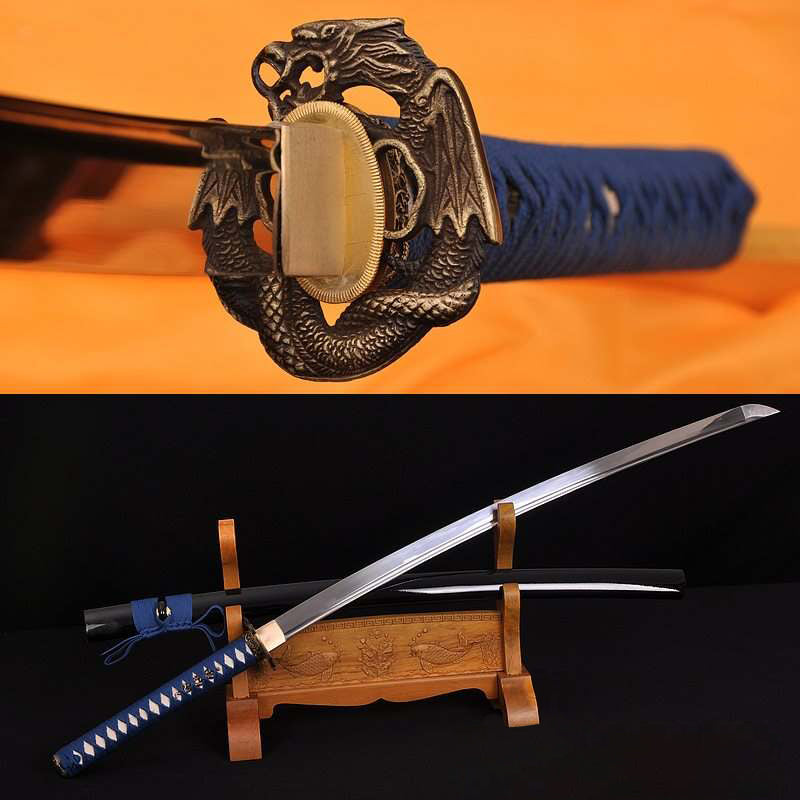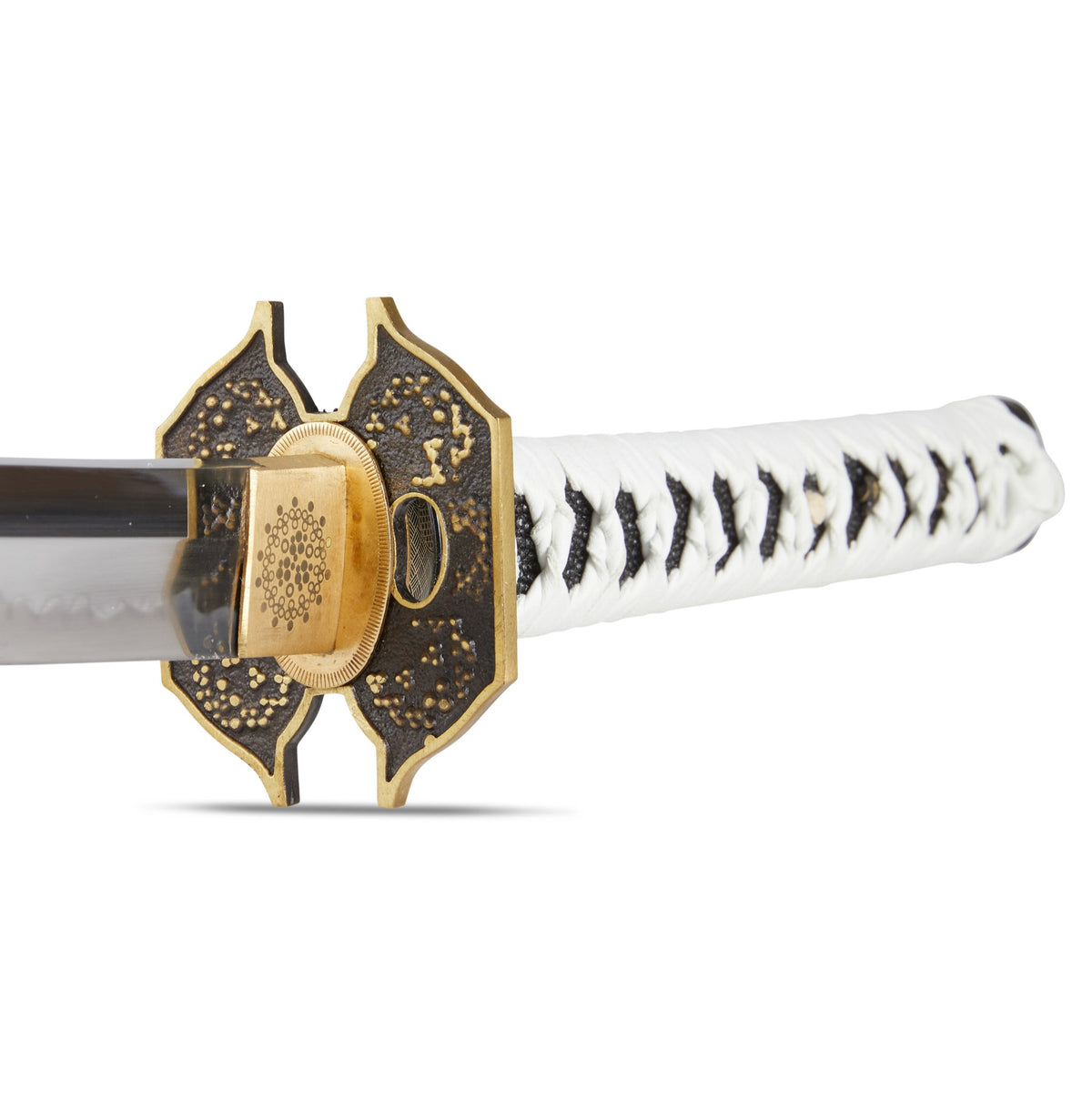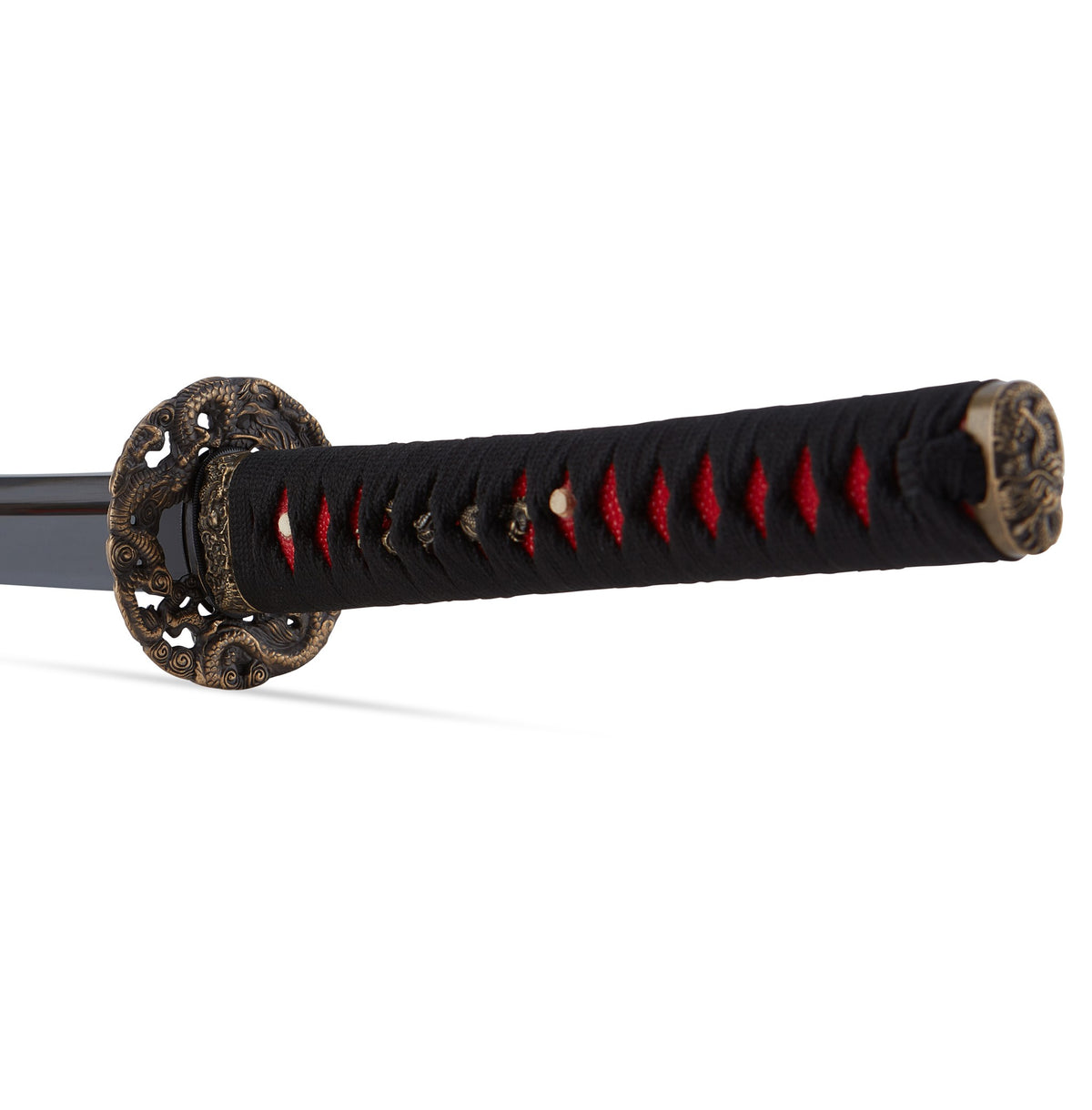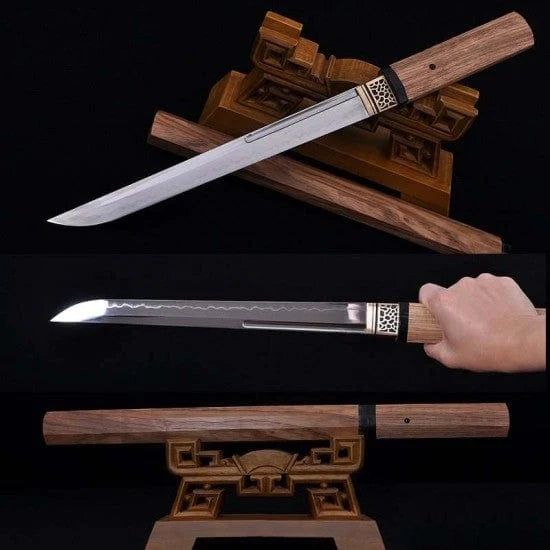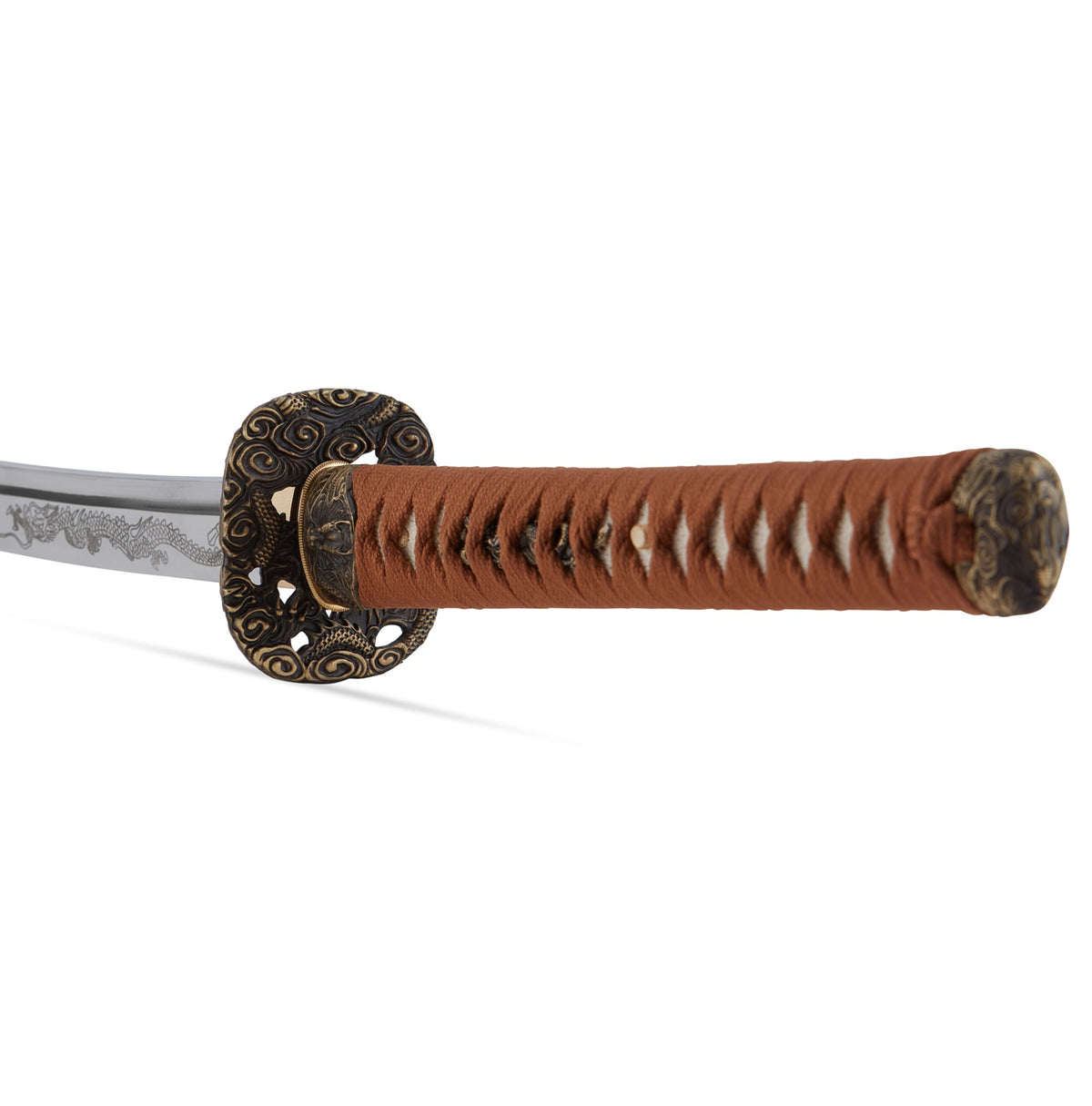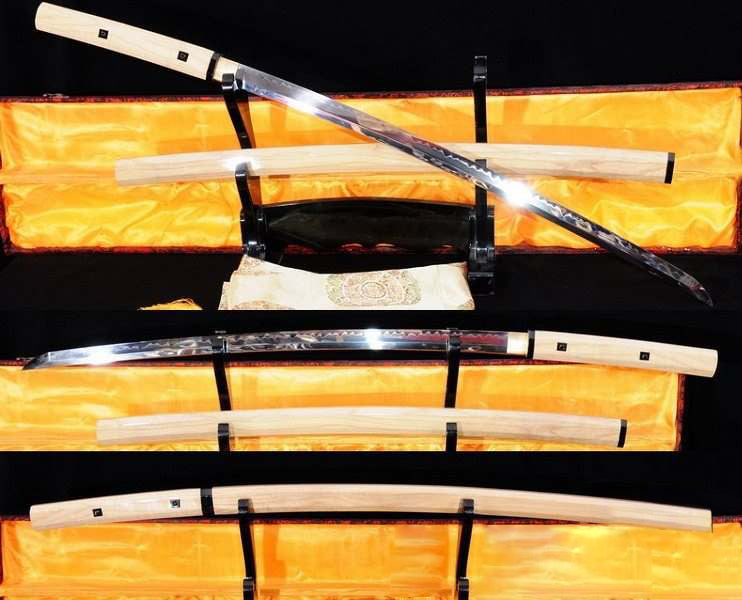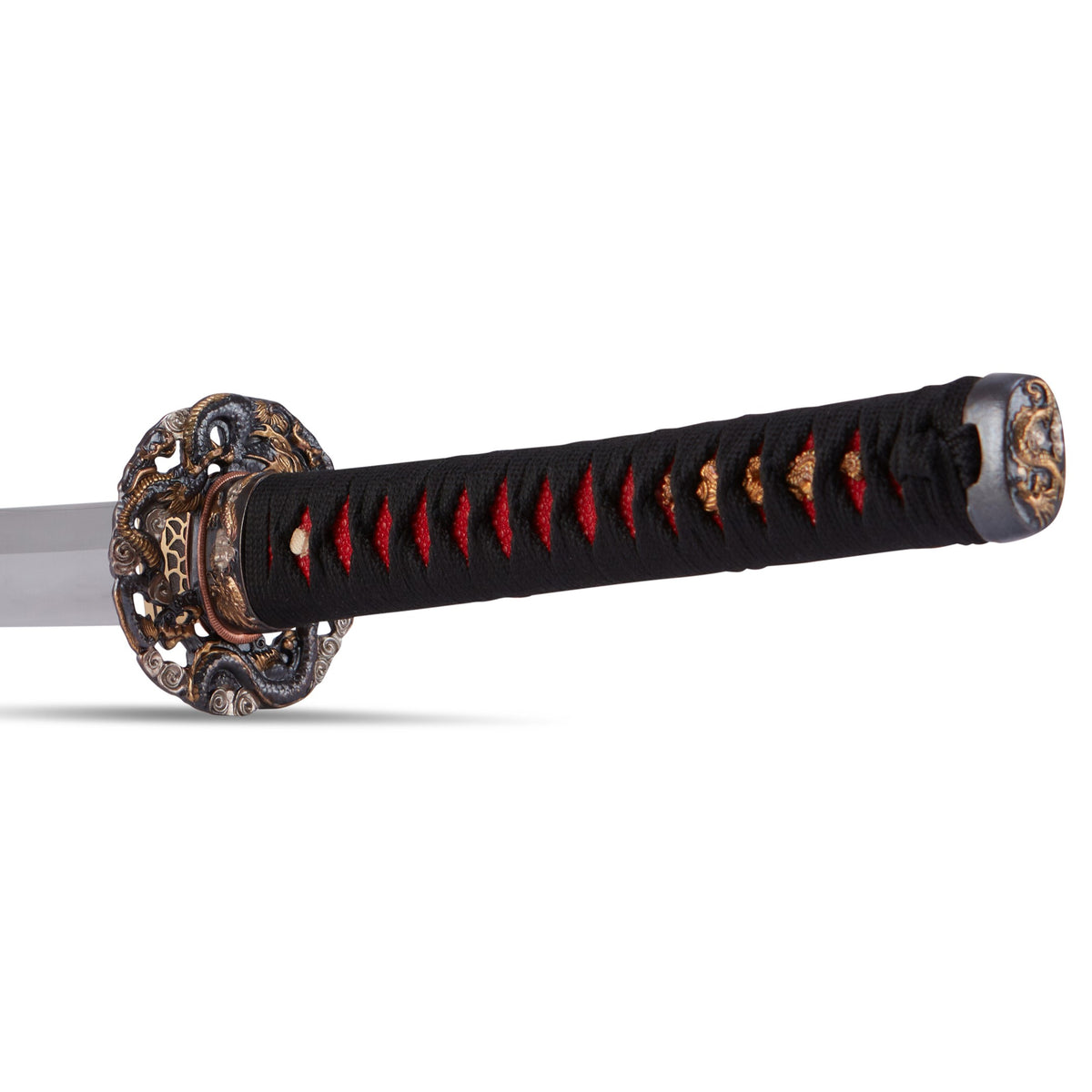Knives Vs. Swords | What’s the Difference?
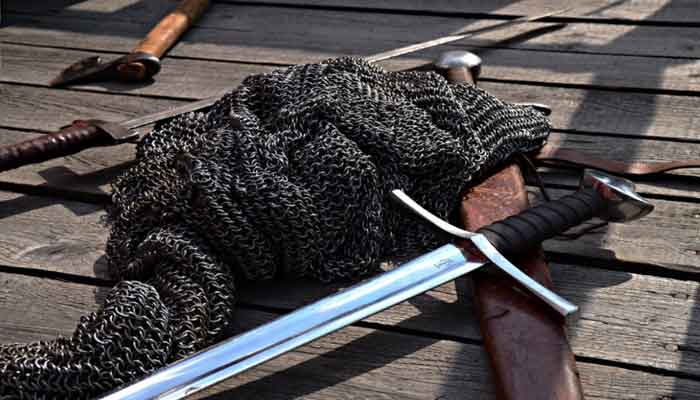
Both swords and knives have their place in Japanese culture, but some key differences between the two make them well-suited for specific tasks. This is about more than just the size difference between a knife vs. a sword! While swords were created for combat, knives were more of an everyday tool. If you’re ready to learn more about the distinctions between knives and swords, dive into this blog for details from the experts.
Materials
One of the biggest differences between a knife and a sword is the materials smiths prefer to use. While some steels are great for knives, they aren’t good enough for swords. You can make a knife out of very hard materials, such as stainless steel, but these are all too brittle for a sword. Stainless steel is very popular for knives because it’s corrosion-resistant, but try to make a knife more than 12” long and it would break!
The best swords are made of high-carbon steel, like 1060 and 1095, to ensure that the blade can handle a lot of stress without breaking.
Sharpness

Knives are made to be razor-sharp, while swords benefit from a convex edge. The reason the sharpness varies between a knife vs. a sword is because they’re used with different amounts of force. The majority of a sword’s strength is in the power of the swing, not necessarily the sharpness of the blade. When hitting something with so much force, you need the edge to withstand heavy blows without chipping or curling. The rounded edge of a sword (similar to that of an axe) makes it more durable while slashing at hard objects. Since knives aren’t used with as much force, they can afford to have a significantly sharper edge than swords.
Usage
Another key difference between a knife and a sword is their intended usage. Knives are mostly tactical in nature, or for cutting and carving — they’re almost never used in open combat. Swords, on the other hand, are made for combat and nothing else. The one exception to using a knife in a fight is the dagger. A dagger is generally longer than a knife and uses the same materials and design as a sword.
Unlike swords, knives have many possible uses, and some are designed with a specific purpose in mind. There are carving knives, kitchen knives, table knives, boning knives, cleavers, and more. When you’re comparing a knife vs. a sword, a sword just isn’t as versatile.
Length
Blade length is another important difference between a knife and a sword: Knife blades are generally 6” long or less, while sword lengths usually measure a foot or more. While there is no established cut-off between a knife vs. a sword as far as length, the longer the blade gets, the more useful it becomes as a fighting weapon. Historically, most sword blades were quite long, as the greater sword length offered a longer reach on the battlefield. As the blade gets shorter, it becomes a more convenient tool, and reach isn’t as important for non-combat purposes.
Handle

When it comes to knives vs. swords, nearly every component is constructed differently, and the handle is no exception. Generally, the tang of a knife blade is visible around the edges of the handle, while a sword’s tang is hidden inside the handle. This can cause some confusion and is the reason why a German Messer is sometimes classified as a knife, even though it’s much longer than a typical knife. The tang of the Messer is riveted between two pieces of wood, rather than fully encompassed inside a one-piece handle. If you see any weapon that has a visible tang, it’s far more likely to be a knife than an actual sword.
Final Thoughts
Ultimately, the divergence in construction and materials between knives vs. swords is because they were built to be used differently. While there are specifications that automatically categorize one weapon as a sword and another as a knife, some weapons are meant to be versatile enough to be used as either. Generally, these are daggers or knives that encompass the best qualities of each weapon.
Whether you want a sword or a knife for your collection, Swords of Northshire can help. Shop online now to find exactly what you need!
Best Sellers
- Regular Price
- from $199.99
- Sale Price
- from $199.99
- Regular Price
-
- Unit Price
- per
- Regular Price
- from $299.00
- Sale Price
- from $299.00
- Regular Price
-
- Unit Price
- per
- Regular Price
- from $199.00
- Sale Price
- from $199.00
- Regular Price
-
$0.00
- Unit Price
- per
- Regular Price
- from $619.00
- Sale Price
- from $619.00
- Regular Price
-
- Unit Price
- per
- Regular Price
- from $319.00
- Sale Price
- from $319.00
- Regular Price
-
- Unit Price
- per
- Regular Price
- from $249.00
- Sale Price
- from $249.00
- Regular Price
-
- Unit Price
- per
- Regular Price
- from $339.00
- Sale Price
- from $339.00
- Regular Price
-
- Unit Price
- per
- Regular Price
- from $219.00
- Sale Price
- from $219.00
- Regular Price
-
- Unit Price
- per
- Regular Price
- from $364.00
- Sale Price
- from $364.00
- Regular Price
-
- Unit Price
- per
- Regular Price
- from $519.00
- Sale Price
- from $519.00
- Regular Price
-
- Unit Price
- per
